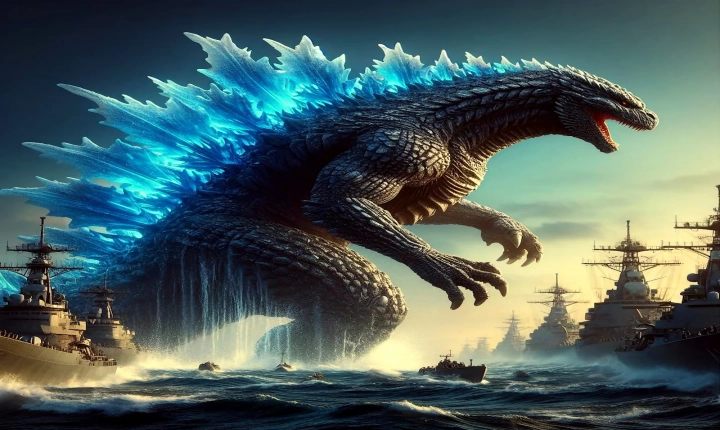Can AI-generated Images be Copyrighted?
Artificial intelligence has made significant advancements in generating realistic and high-quality images, raising important questions regarding the copyright status of these AI-generated creations. As the technology becomes more prevalent, it is crucial to address the complexities surrounding the copyright of AI-generated images.
The concept of copyright protection is based on the notion that creators deserve recognition and compensation for their original works. However, when AI software produces images without direct human input, it challenges the traditional understanding of authorship and ownership.
One of the key issues in determining the copyright status of AI-generated images is the absence of a human creator. In many cases, AI algorithms independently produce images based on training data and predefined rules, without human intervention at the time of creation. This raises the question: who should be considered the creator of AI-generated images?
In some jurisdictions, copyright protection is granted to works that demonstrate originality and creative expression, regardless of whether a human was involved in the creative process. It is argued that the sheer complexity and originality of AI-generated images could qualify them for copyright protection. This would mean that the entity or organization that owns the AI software and hardware could potentially assert copyright over the images produced.
However, opponents of granting copyright to AI-generated images argue that copyright law is intended to protect human creativity and labor. They maintain that since AI lacks consciousness and cannot exercise original artistic judgment, it should not be entitled to copyright protection. This perspective emphasizes the fundamental role of human intention and creative decision-making in the copyright framework.
Furthermore, the issue of attribution and moral rights comes into play when considering the copyright status of AI-generated images. Moral rights, including the right to be identified as the author of a work, are an integral part of copyright law in many jurisdictions. Determining how these rights apply to AI-generated images, and who should be attributed as the creator, presents a considerable challenge.
As the debate over the copyright status of AI-generated images continues, it is clear that existing copyright laws are not adequately equipped to address the complexities of AI-generated content. The emergence of AI technology poses new challenges that require a reassessment of the legal framework surrounding copyright and intellectual property.
Legal experts and policymakers are grappling with these issues, seeking to strike a balance between recognizing the creative capabilities of AI and ensuring that human creators are not overshadowed or disadvantaged. There are ongoing discussions about the need for updated copyright laws that consider the nuances of AI-generated works and establish clear guidelines for ownership and attribution.
In conclusion, the question of whether AI-generated images can be copyrighted is a topic of significant debate and legal scrutiny. The intersection of AI technology and copyright law presents a complex and evolving landscape that requires careful consideration and thoughtful regulation. As AI continues to shape the creative landscape, it is essential for policymakers, legal scholars, and stakeholders to engage in ongoing dialogue to establish clear and fair guidelines for the copyright of AI-generated images.
